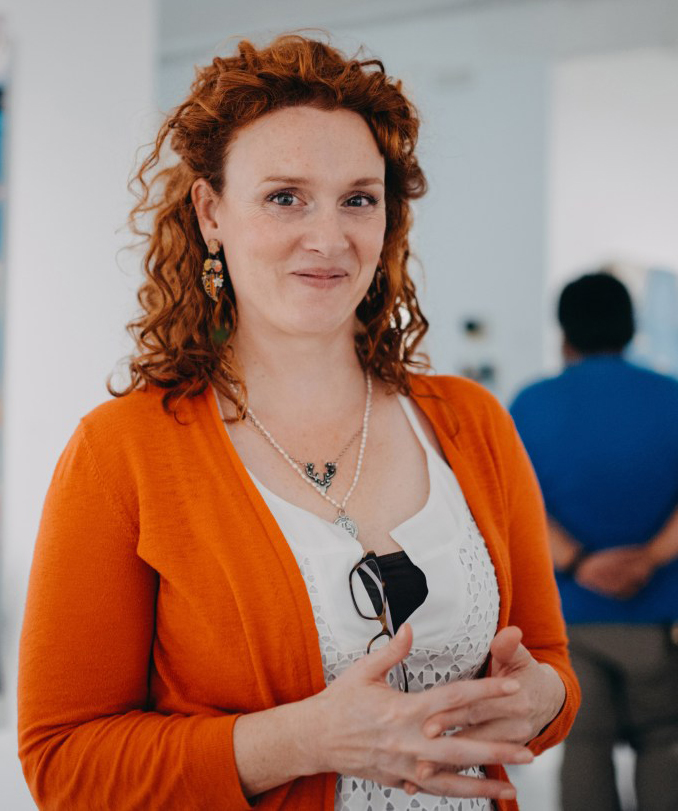Innovative Workshop Leads to Improved Faculty Onboarding
August 3, 2020

Innovation may be the best thing that has come from the COVID-19 pandemic. Face-to-face instruction has been put on hold, and the in-person Teaching and Learning Studio that Madara Mason was slated to attend was held online instead.
The workshop, part of the University Innovation Fellows program at the Hasso Plattner Institute of Design (commonly known as the d.school), was supposed to be held over an in-person week.. Through necessity it was transformed to be held over two weeks with partially synchronous meetings and partially offline.
“The Teaching and Learning Studio is about rethinking about how teaching and learning happens in higher education,” said Mason. “It had an angle to it, and that interested me most, to help people rethink the institutional structures in which they work.”
The focus of the workshop was not only on how teaching and learning happens, but how courses are offered within older institutional structures. Many of the activities were set up to get the fellows to think and talk about innovation happening within those structures.
“Even the way they ran their online learning activity; being an expert in this field, they were doing some things that were new to me,” she adds.
Mason is taking a portion of the knowledge she gained from the program to her UA Provost Faculty Development Team, which includes Amanda White and Rich Collins, to help redevelop the new faculty orientation which takes place Aug. 17-18, 2020.
Mason understands that UAF faculty are dealing with a lot of changes right now and if a faculty member wants to grow in their position, there is currently no central location to find all the resources offered to the. Resources like Center ICE, eCampus offerings, events held by the Provost’s Office, various institutes across campus and by the Provost Faculty Development Team itself. Faculty have to literally stumble across the programs by happenstance unless they are actively seeking them.
The Provost’s Team is creating a Faculty Accelerator, a term borrowed from startup culture, where mentoring networks, learning communities, research partners and teaching cohorts provide a framework for innovation. This will also act as a central location for all of the development resources available to the faculty.
“The activities the d.school were putting me through really helped me uncover the big idea of how we can help faculty become agents of change rather than making them feel like they are passive participants in the process.”
So much change can happen despite the rigidity of institutionalized structures. Faculty can have a sense of control, and that’s what Mason wants to help facilitate.


